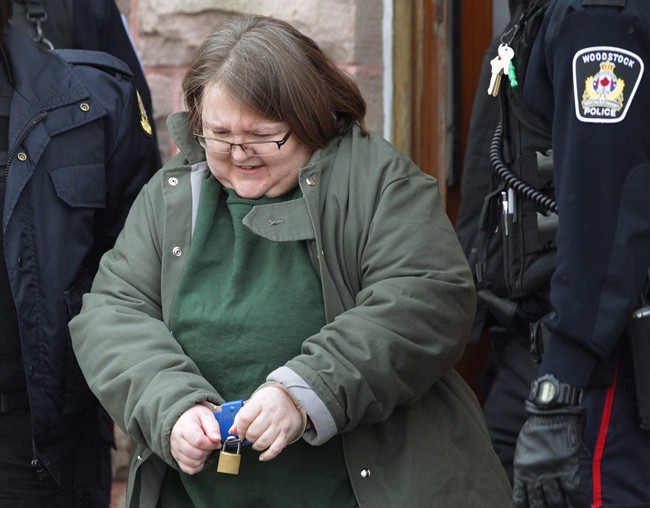The Long-Term Care Homes Public Inquiry continued its probe into Ontario’s death investigation system on Tuesday.

After a full day of testimony on Monday, the chief coroner for Ontario remained in the hot seat during the inquiry, prompted by the crimes of former nurse Elizabeth Wettlaufer. During his second day of questioning, Dr. Dirk Huyer was cross-examined by a lawyer representing some of the families related to Wettlaufer’s victims.
Huyer told the lawyer he wants changes to Ontario’s current coroner system.
Huyer testified that practicing physicians only need to take a course before being appointed as a local coroner for life. He added that coroners are then reviewed, based on each death investigation they perform. These reviews are performed by a supervising coroner.
“There are processes so that when there are performance issues, we will have the opportunity to address those.”

Get breaking National news
Huyer added that because there is no systematic review process in place, the extent of a review varies from coroner to coroner.
The province’s chief coroner indicated that this is where he wants to see change.
Along with more extensive reviews, Huyer said he’d like to see appointments of a local coroner be reduced from a lifetime to only three to five years.
Huyer added that these years should come with performance reviews as well as ongoing training for the coroners. Currently, coroners are not required to keep up with any continuing education except for what they need in order to continue as a practicing physician.
Huyer revealed on Monday that death investigations are always performed at the coroner’s discretion.
When an investigation is not undertaken, Huyer said coroners are expected to keep notes “so that upon review the rationale could be understood why.”
Against expectations for coroners, notes were not kept in the case of Maureen Pickering, one of eight people murdered by Wettlaufer.
A nurse at Caressant Care had flagged Pickering’s death due to high blood sugar. The nurse was then told by the ER doctor that it would be a good idea to call the local coroner, Dr. William George.
The inquiry heard that George declined to perform further investigation and failed to keep notes on his decision.
Hearings for the inquiry looking into how Wettlaufer’s crimes went undetected will continue through September.
The former nurse killed eight long-term care patients over the span of 10 years and her actions only came to light when she confessed them to mental-health workers and police.











Comments